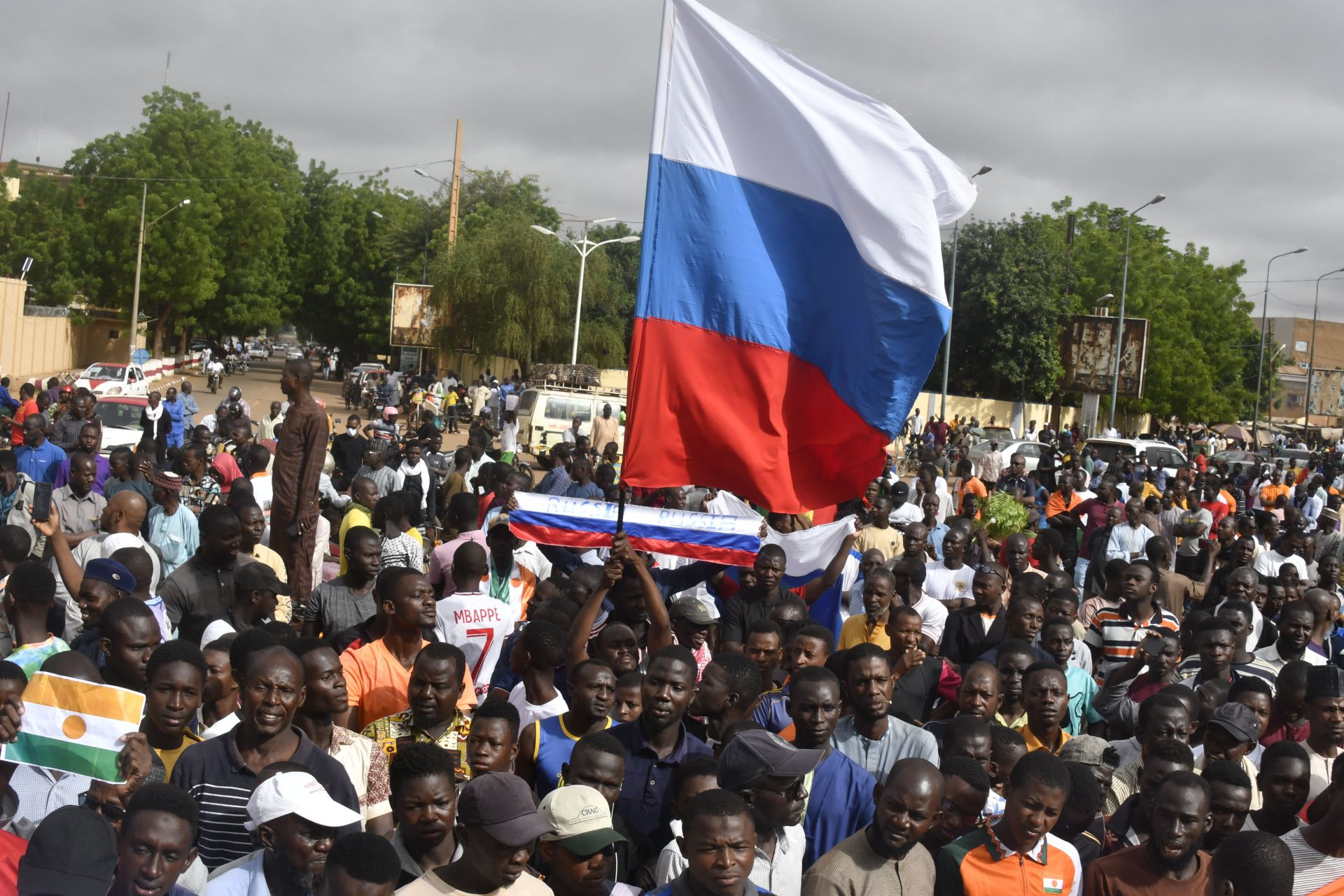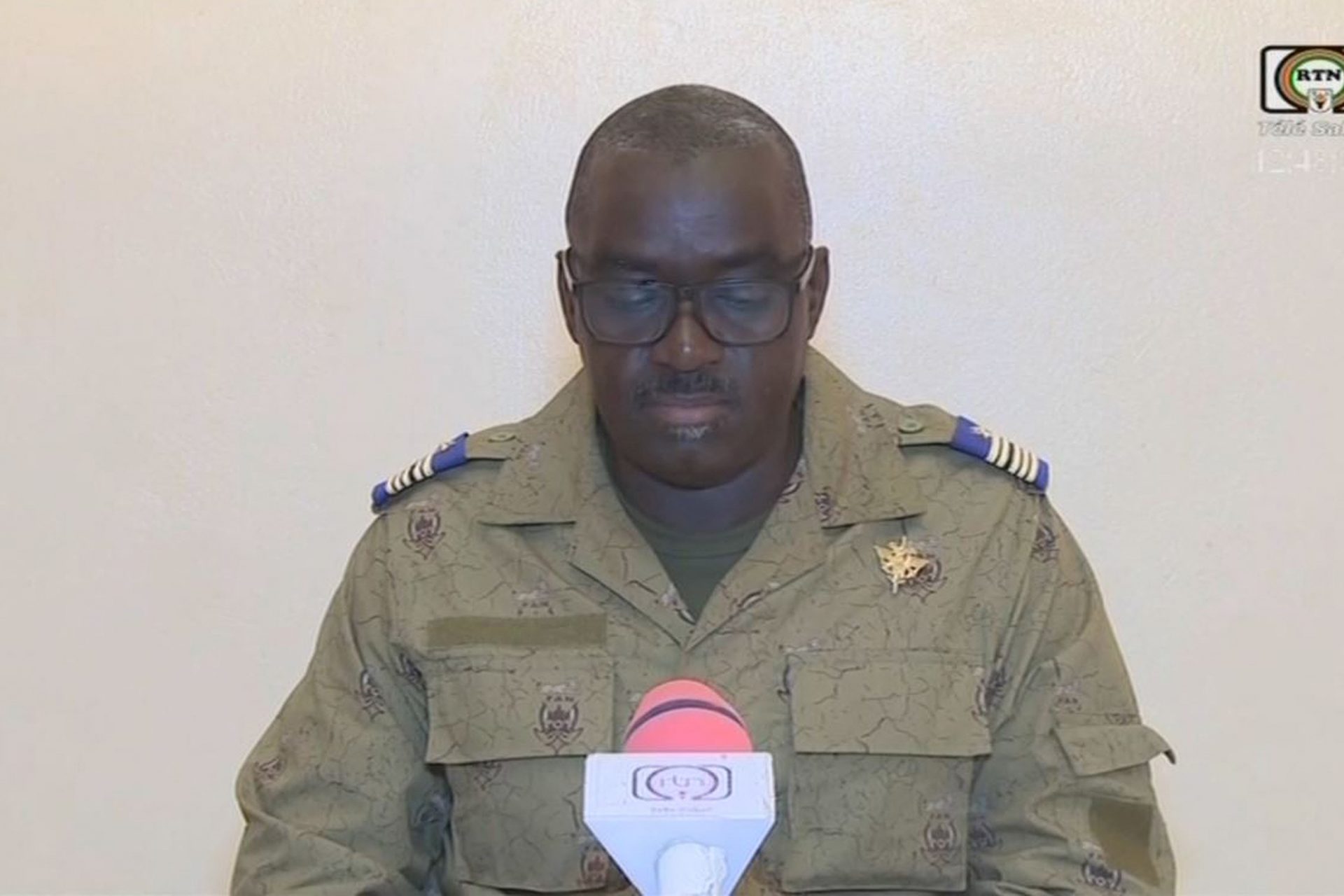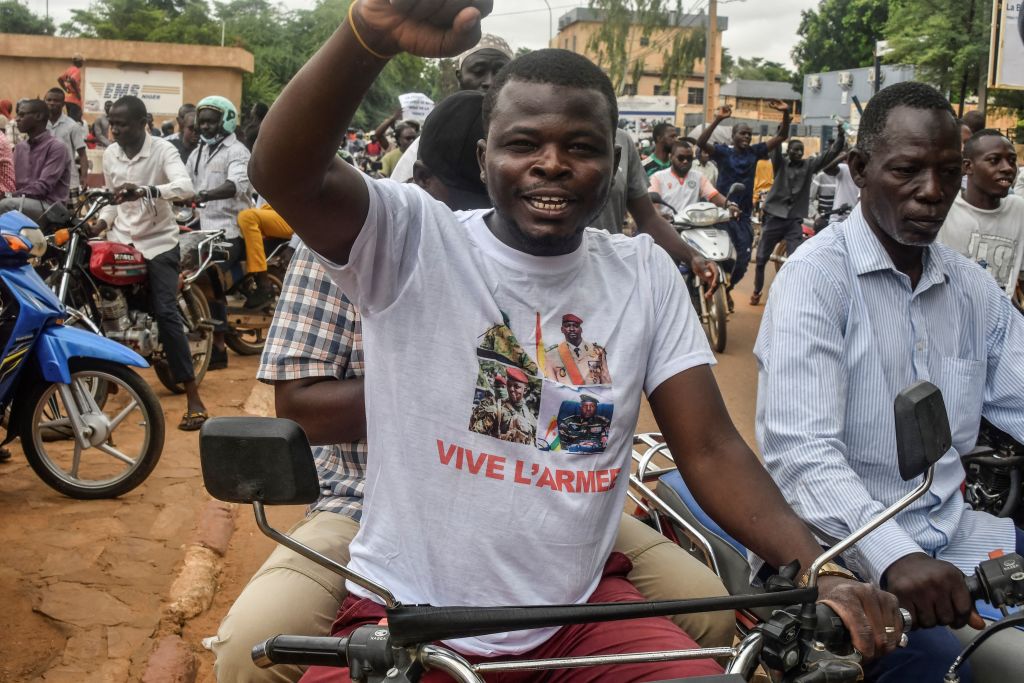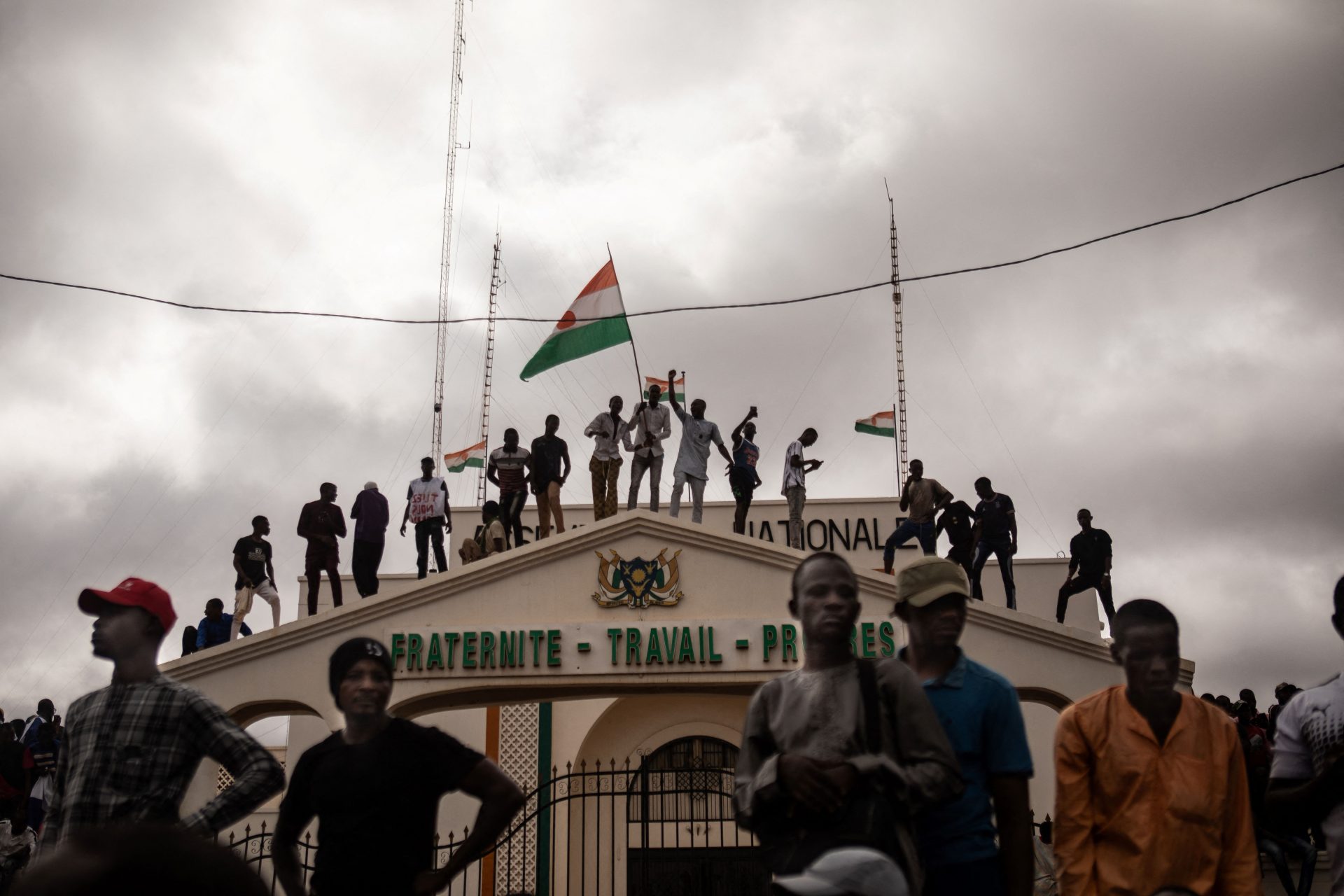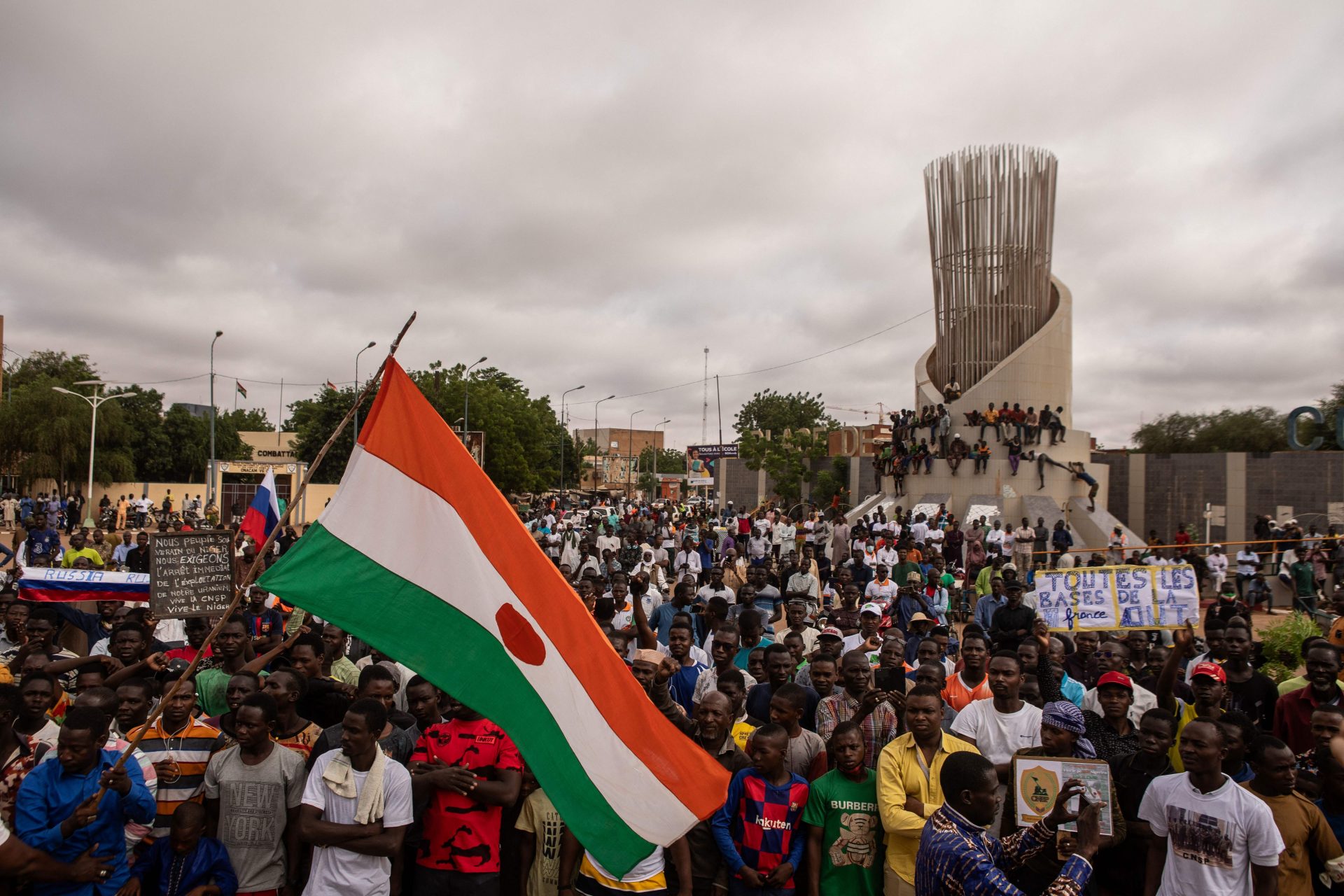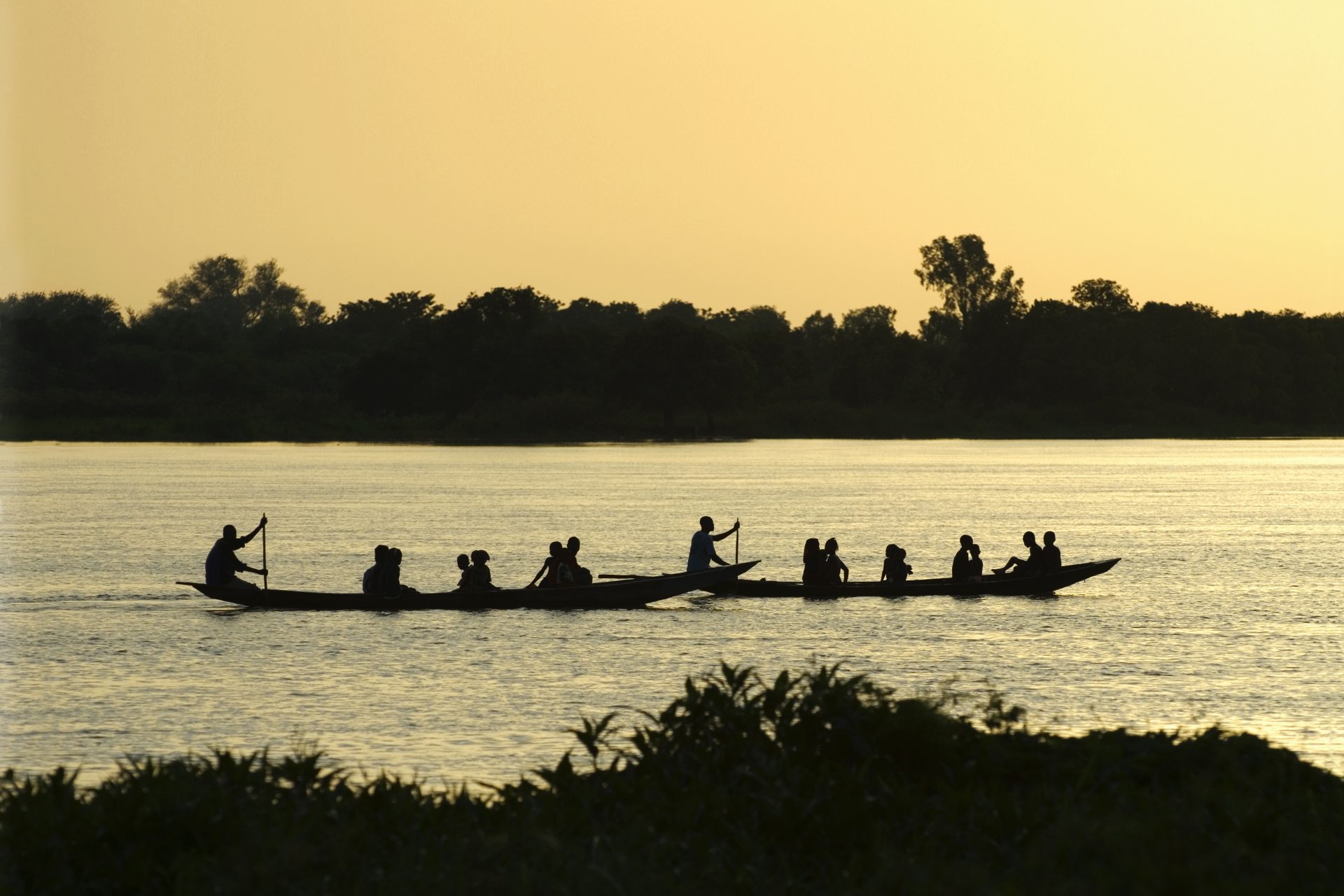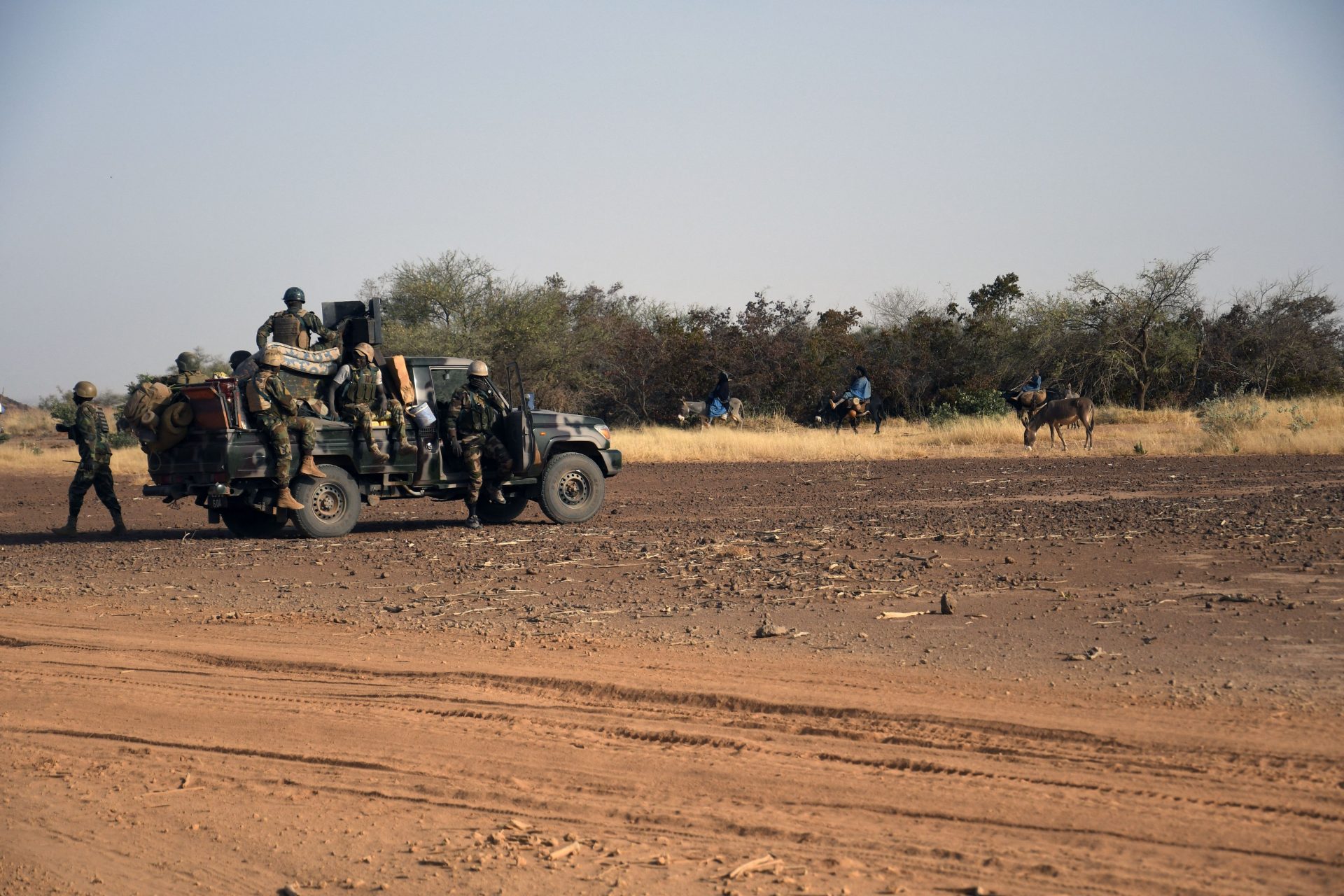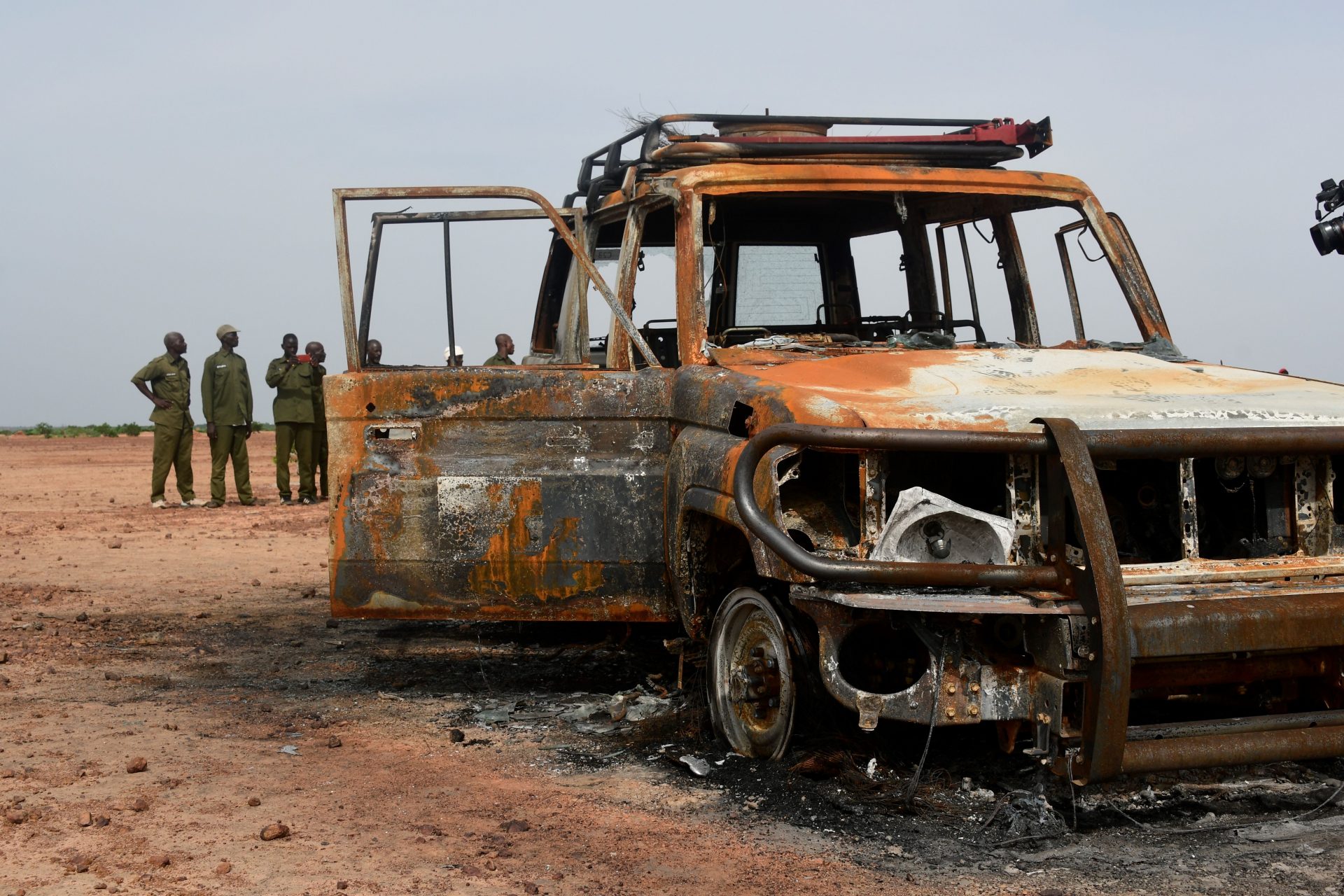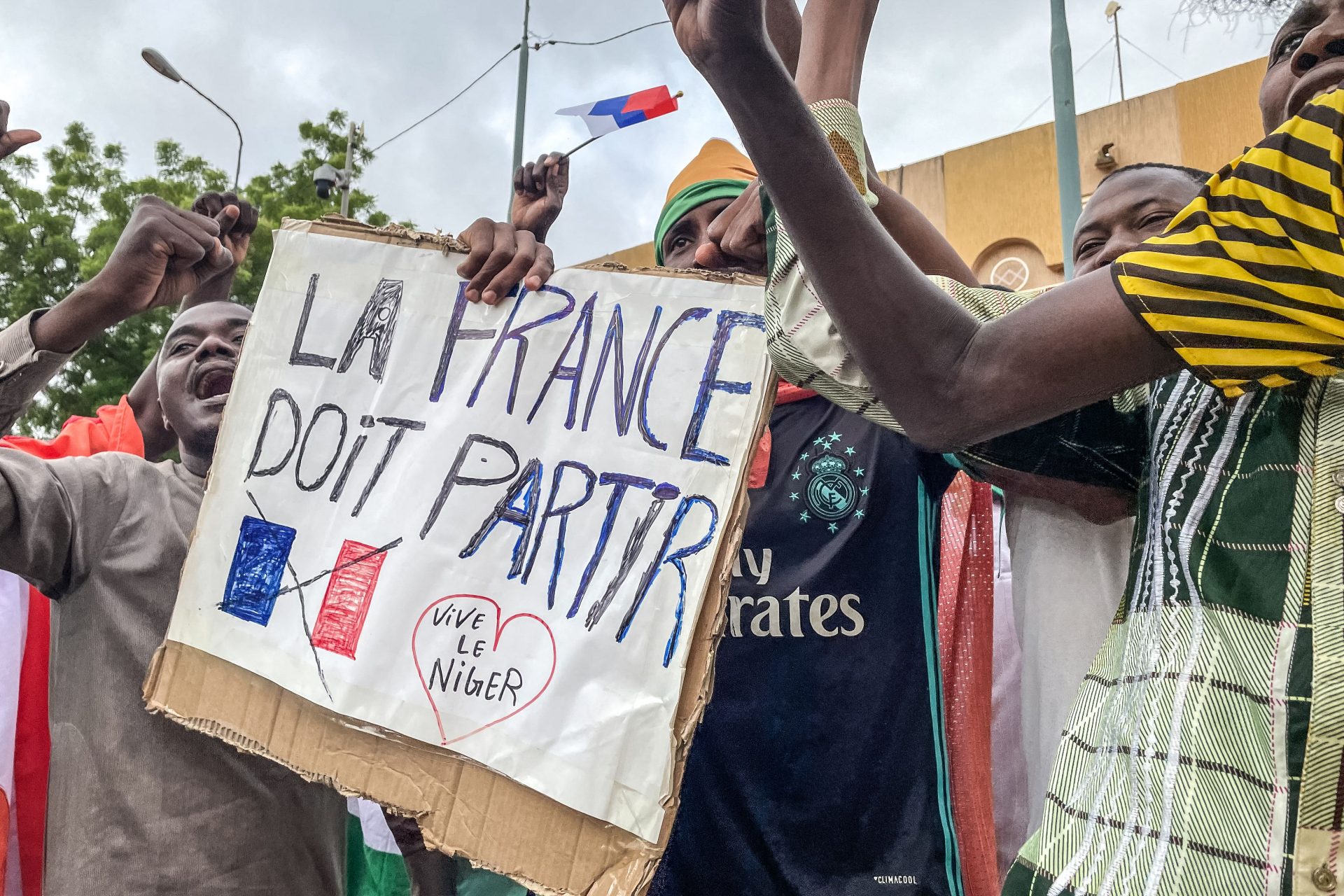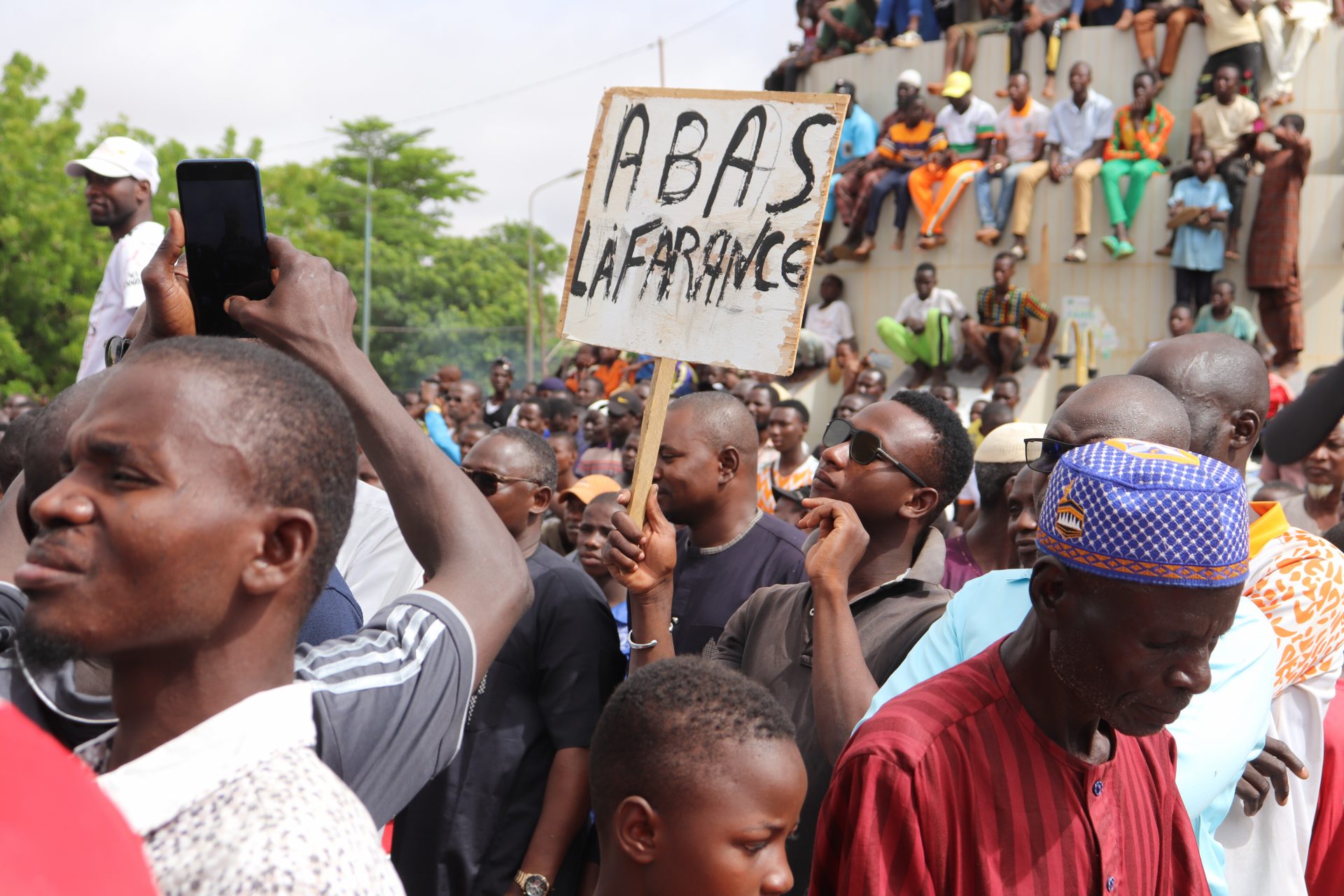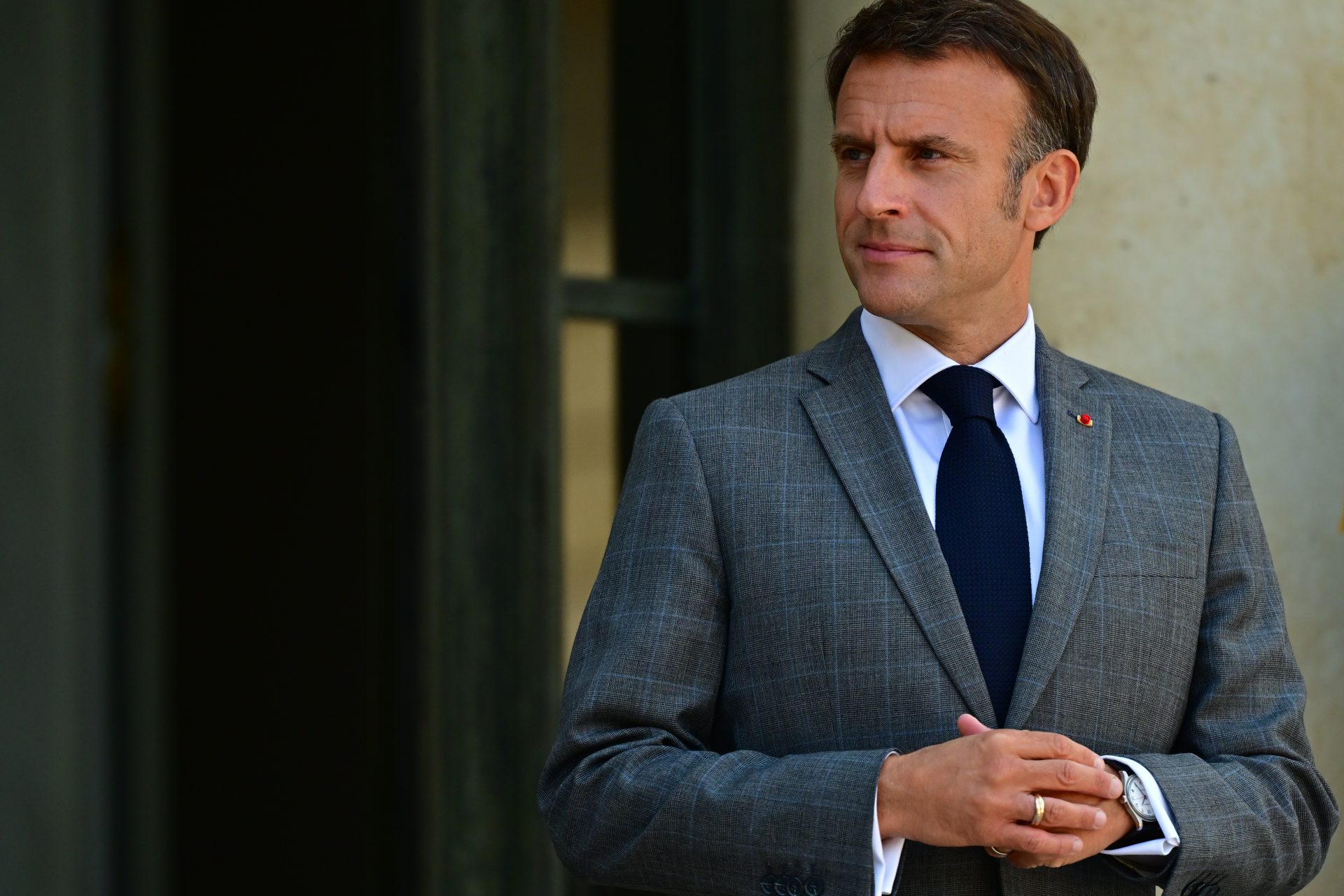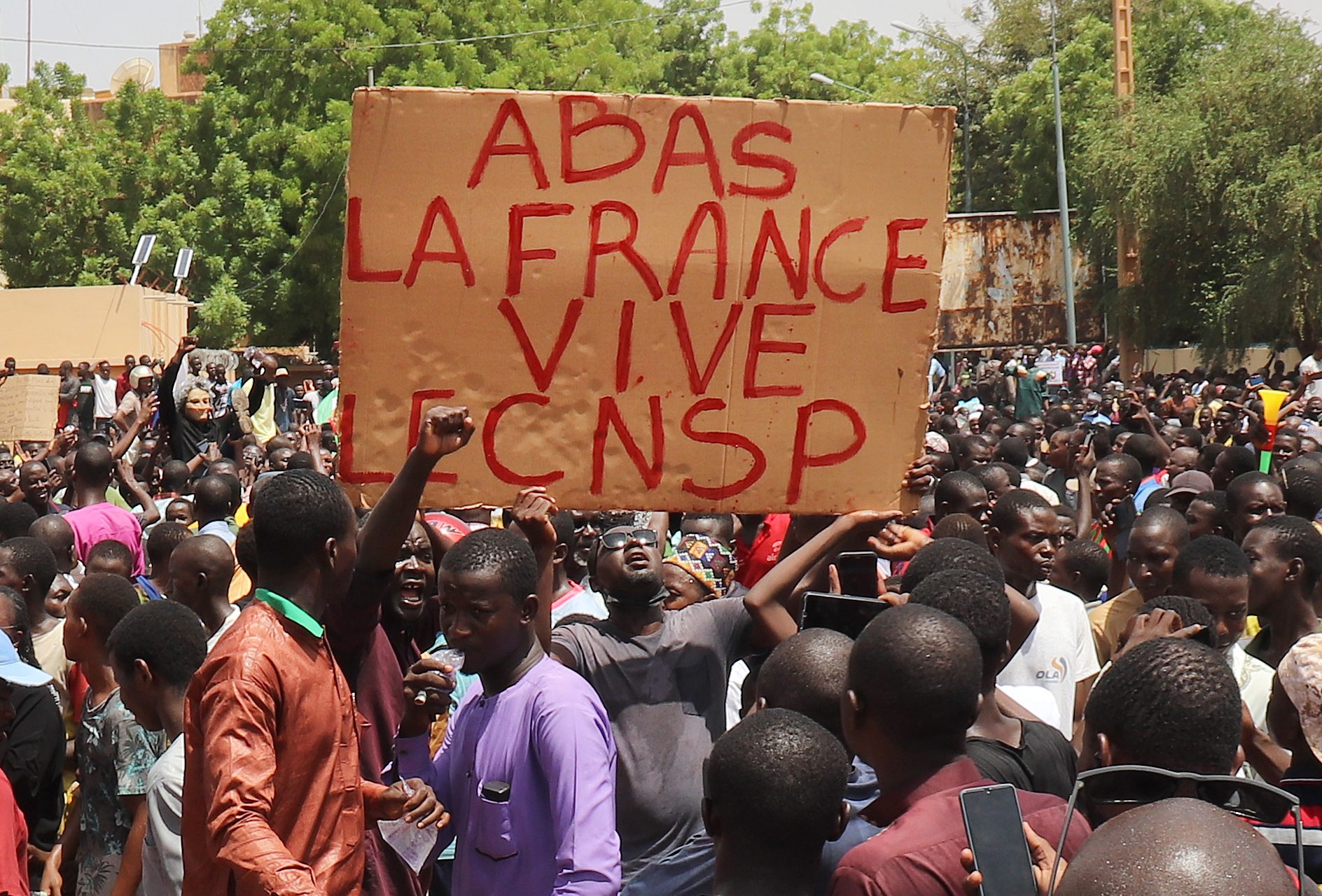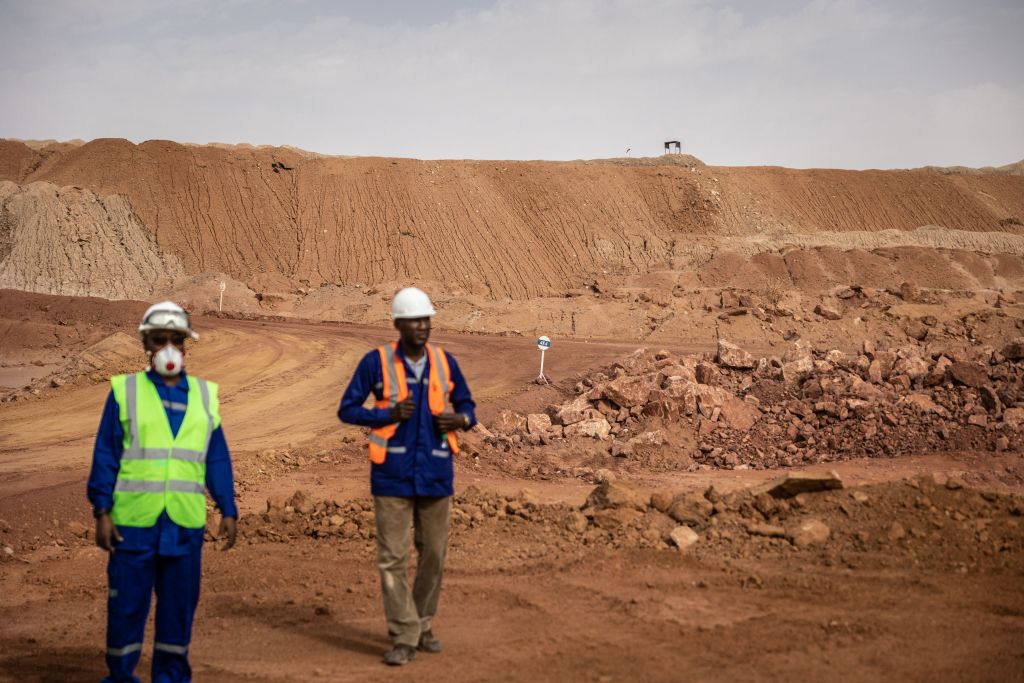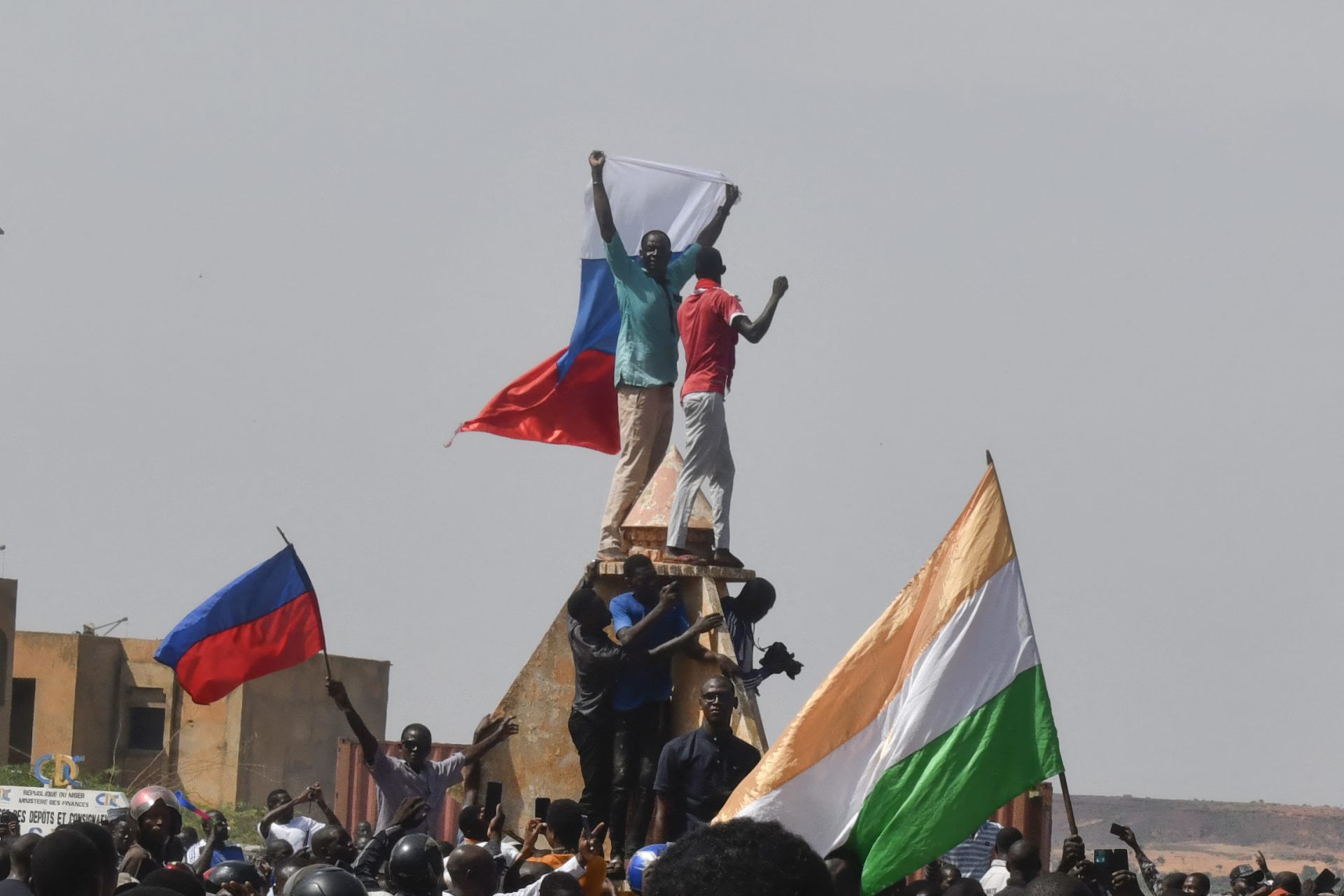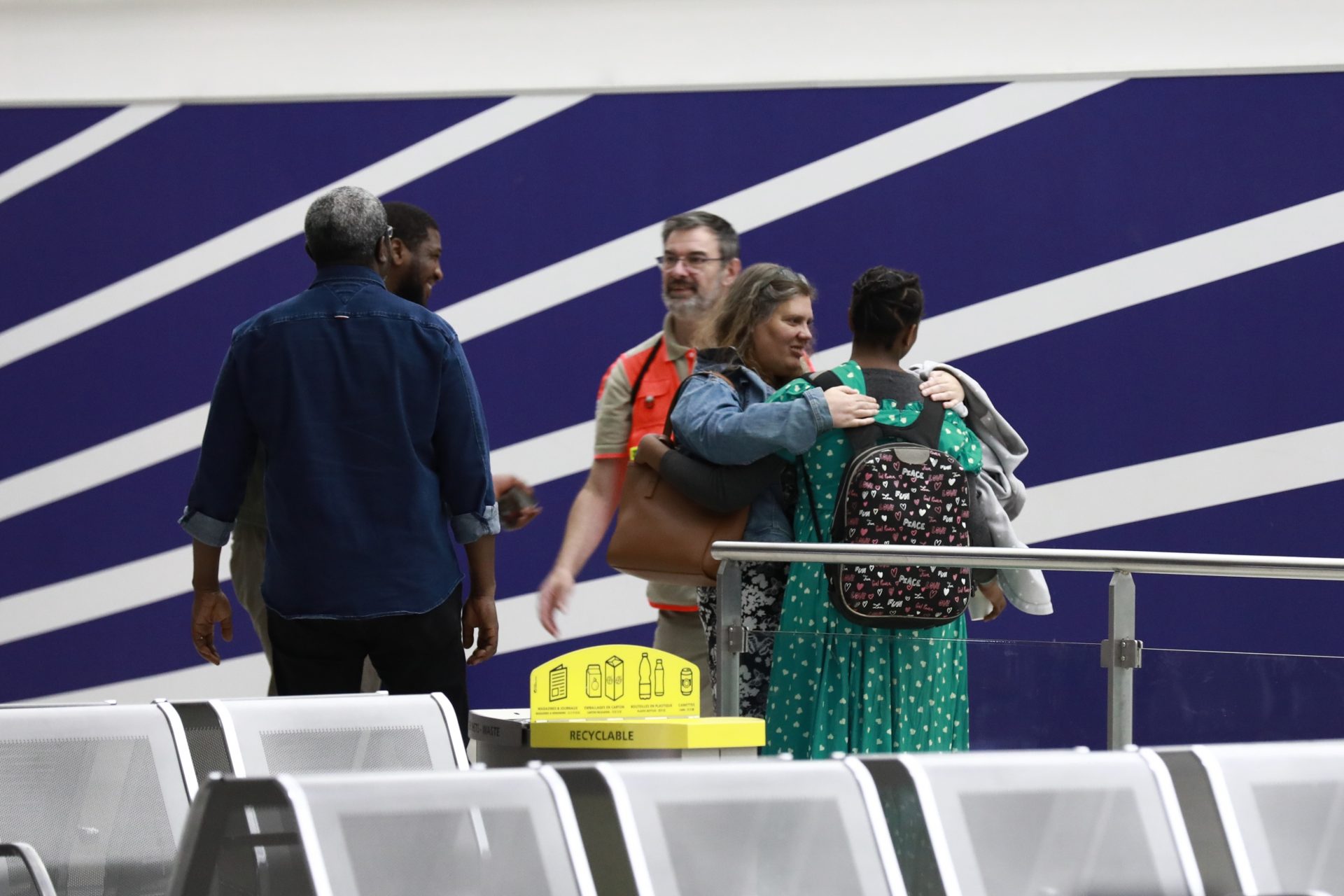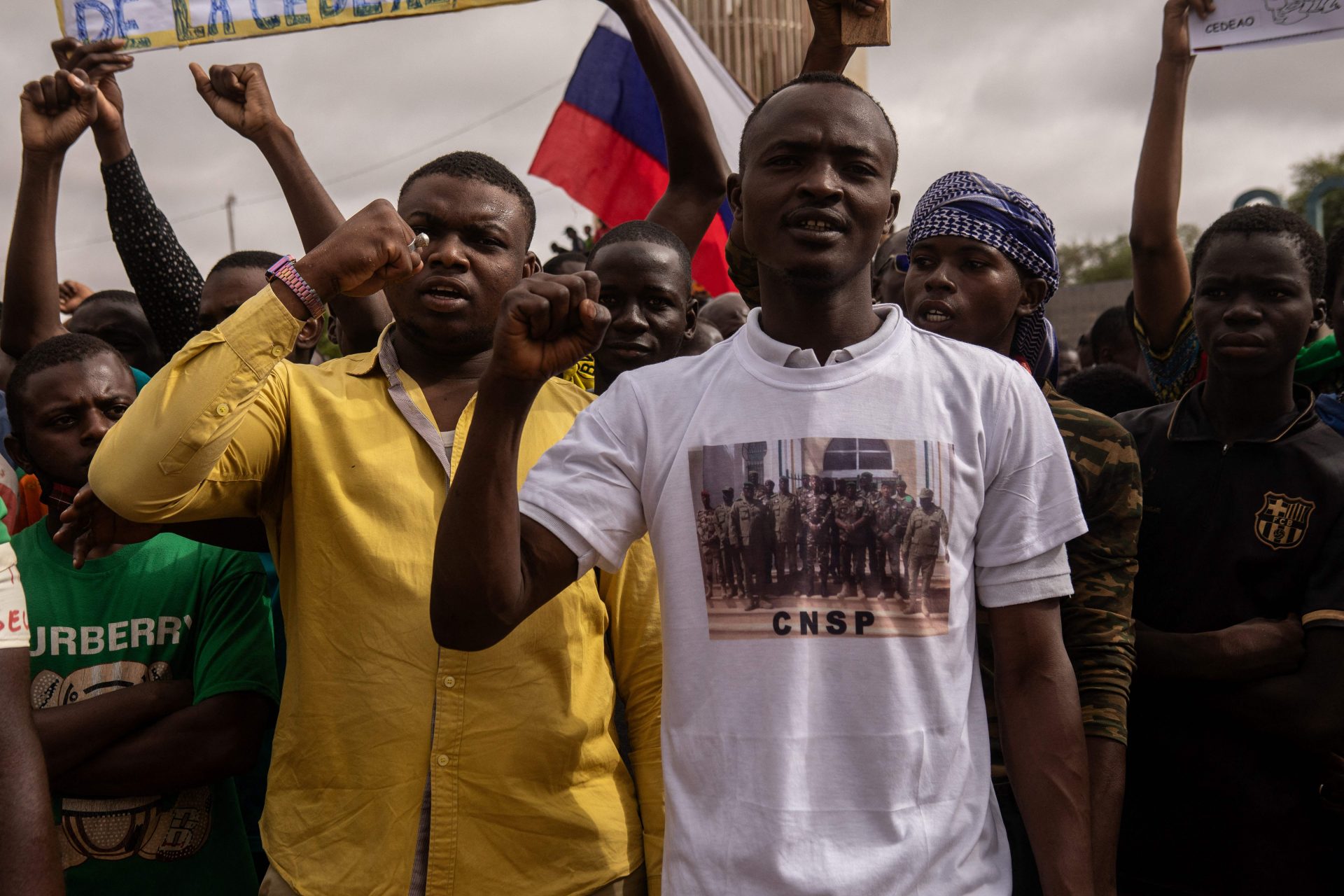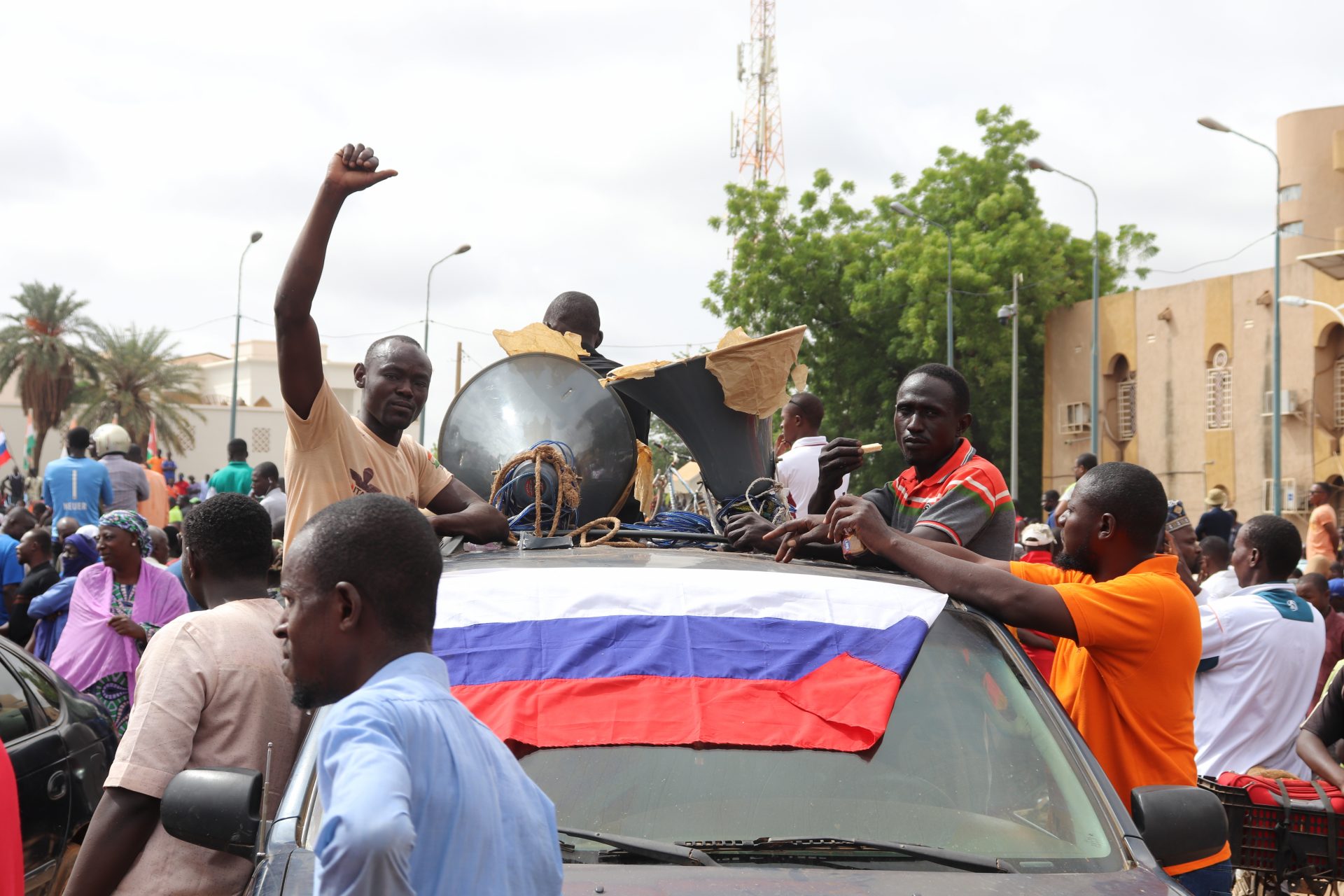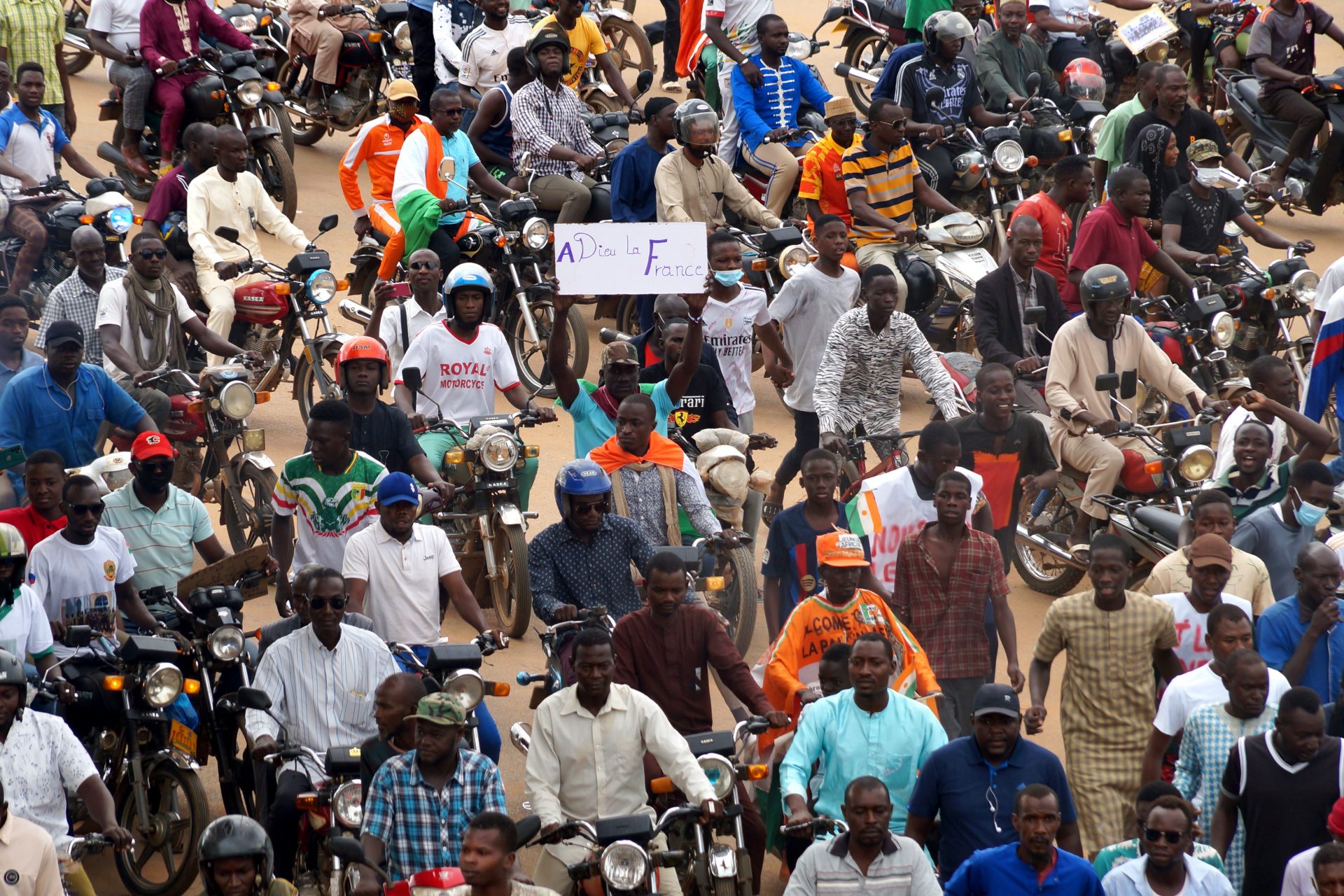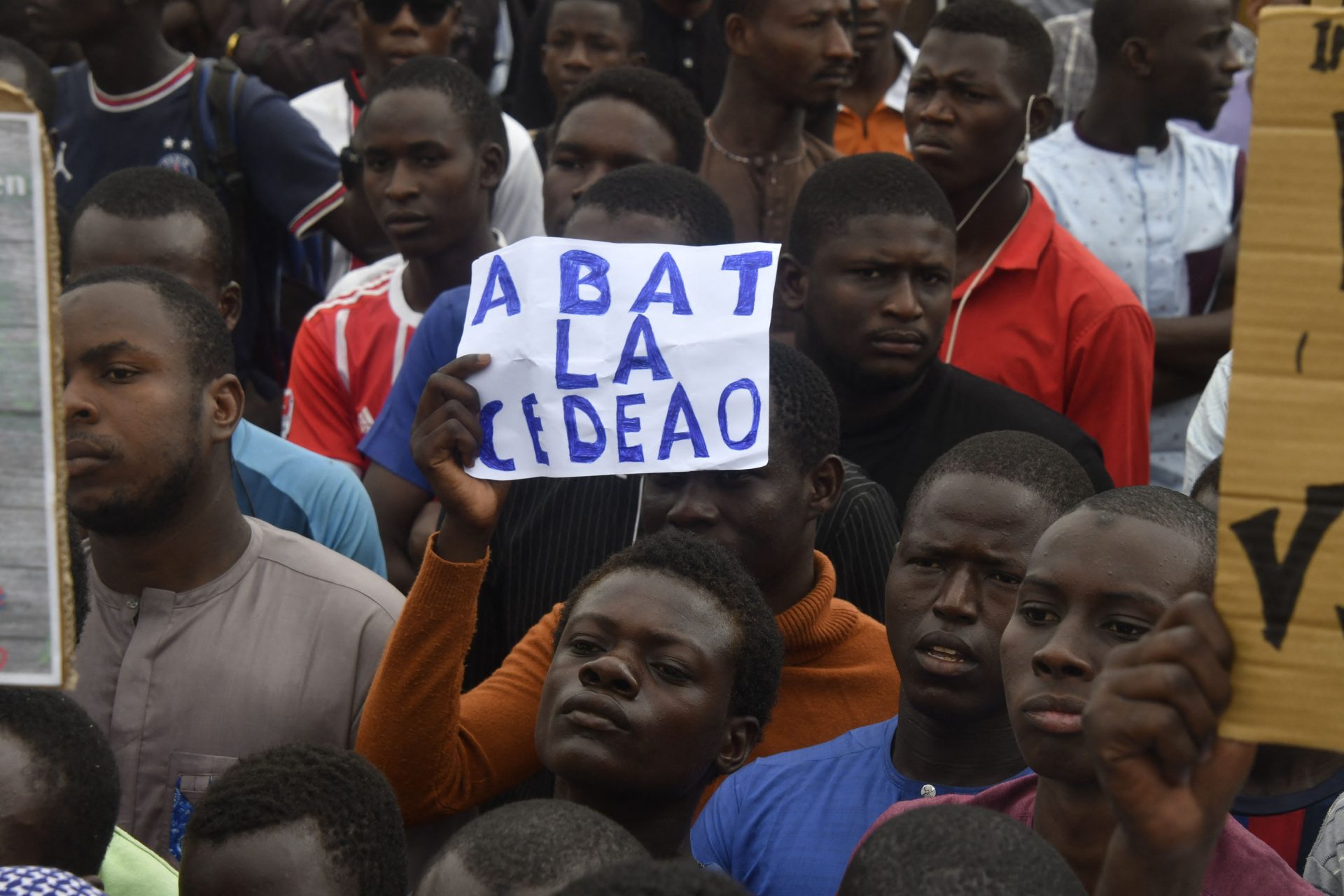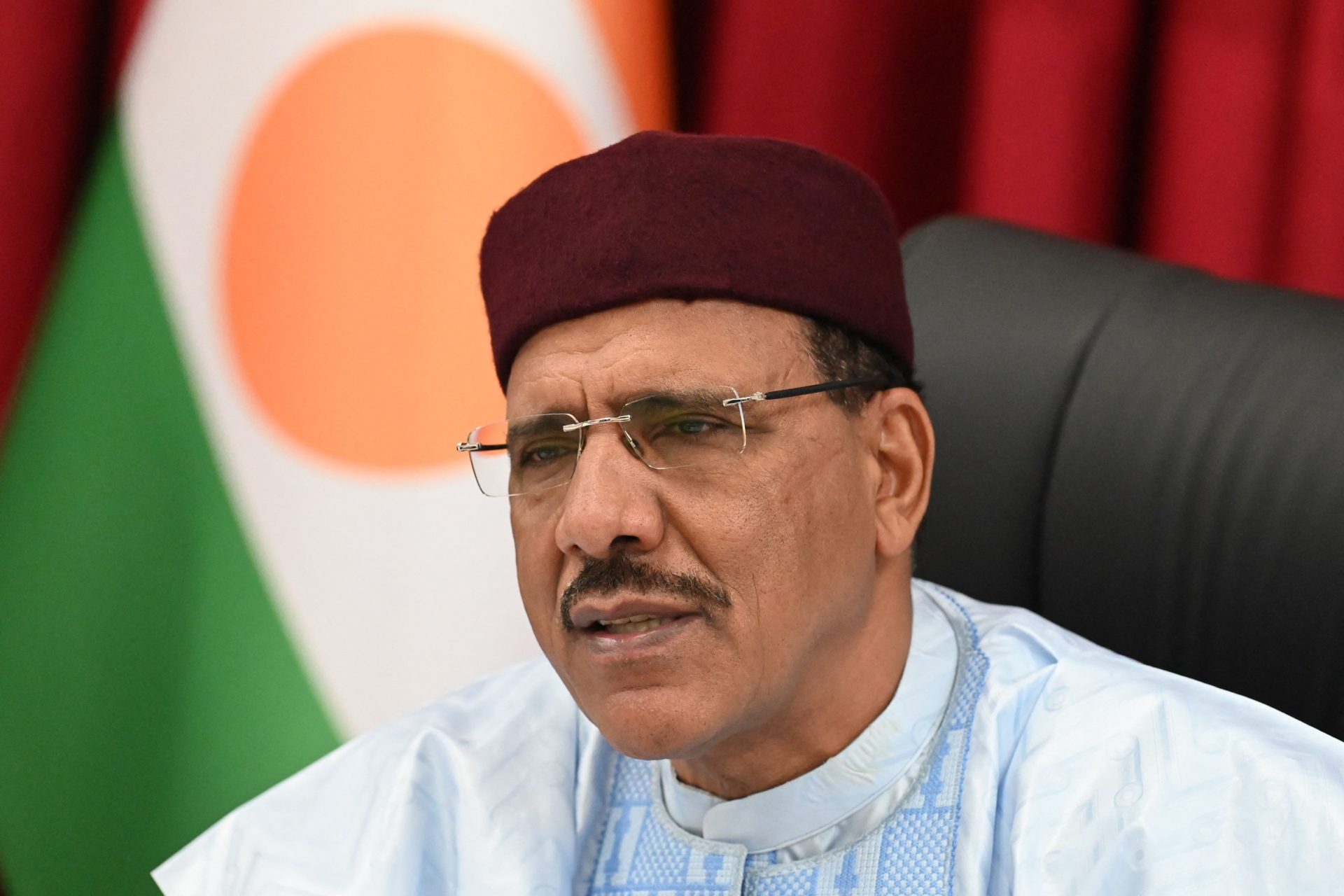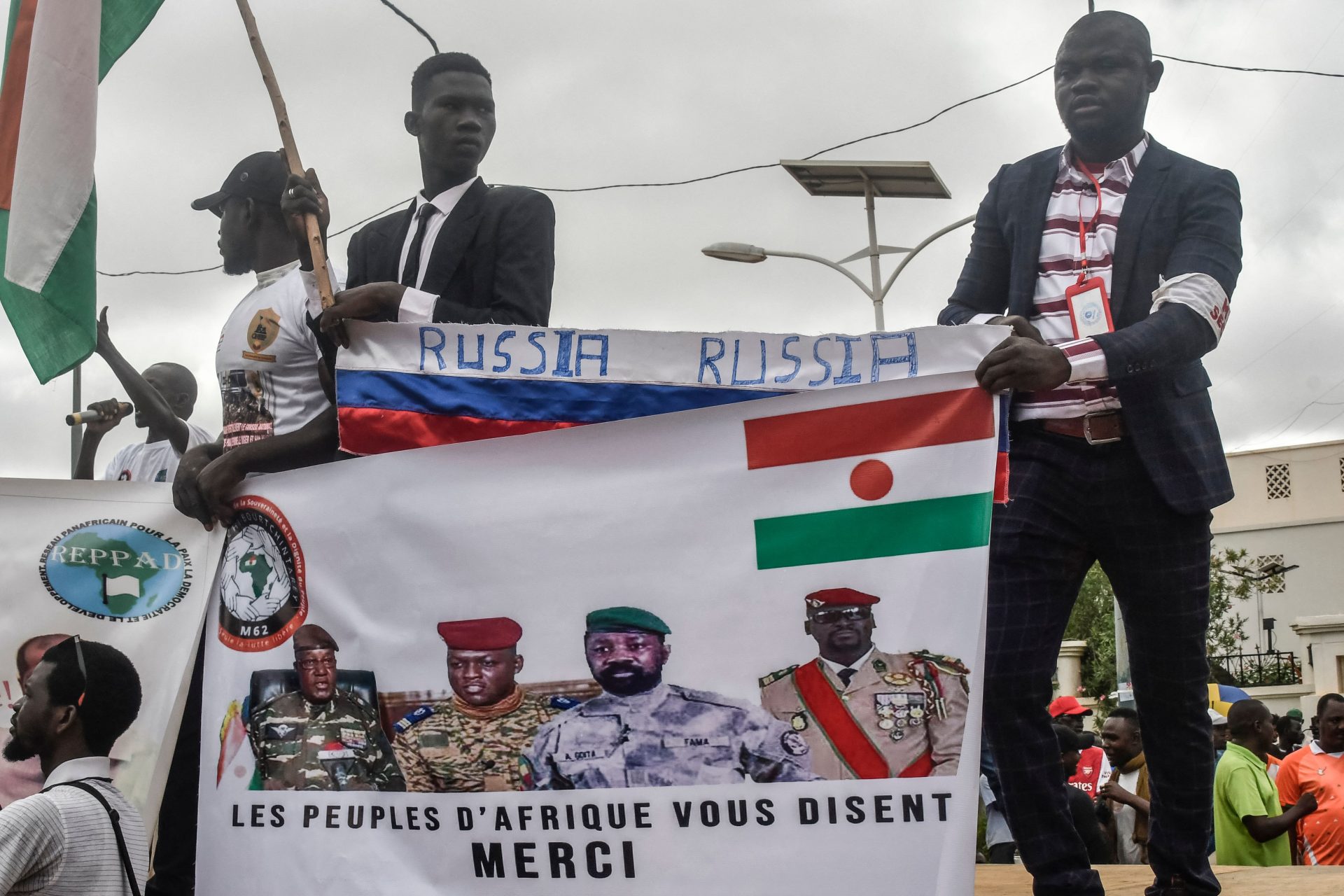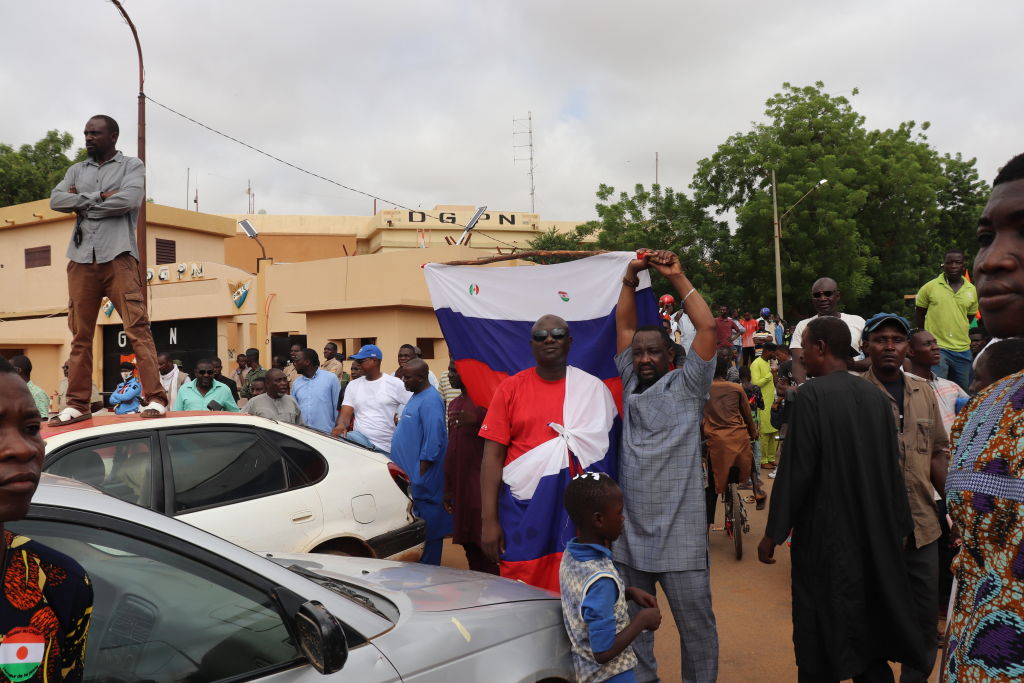A guide to the coup in Niger: terrorism, colonial remnants, and Russian influence
On July 26, Niger’s president Mohamed Bazoum was seized by members of his own presidential guard, sparking fear and uncertainty in a volatile part of Africa beset by coups and militant extremism.
The coup was launched by a military junta called the "National Council for Safeguarding the Fatherland." The latter is made up of soldiers from the air force, the presidential guard, but also the national guard, the army, the gendarmerie, the police, and firefighters.
On the evening of July 26, 2023, Amadou Abdramane, Colonel-Major of the Nigerien Air Force and CNSP spokesperson informed on Nigerien public television of the dismissal of President Mohamed Bazoum, detained by the presidential guard at his official residence.
Furthermore, he announced the dissolution of the country's Constitution, the closing of borders, the suspension of state institutions, and a nationwide curfew from 10 p.m. to 5 a.m.
In his video message, the spokesperson for the military group explained that their action was "the result of the continuous deterioration of the security situation, of poor economic and social governance." He also urged foreign powers not to interfere.
This is not the first coup that Niger has experienced in its history. Since its independence from France in 1960, this vast country of the Sahel region has experienced four coups, the last dating back to February 2010, with the dismissal of then-president, Mamadou Tandja.
According to figures from the International Monetary Fund (IMF), Niger is among the 10 poorest countries in the world, with a GDP per capita of only 574 dollars in 2023. Half of the population of Niger today lives in extreme poverty.
Moreover, like Mali and Burkina Faso, its neighbors in the Sahel, which had coups of their own in 2021 and 2022 respectively, Niger has faced a jihadist insurgency for years. The country is regularly targeted by terrorist attacks.
To help Niger fight jihadism, several Western troops have settled in the Sahel region. Among these are thousands of French and American soldiers.
The French presence is increasingly opposed by the Nigeriens. Since the July 26 coup, large demonstrations have been organized in front of the French embassy in the Nigerien capital, Niamey.
France Info reports that some demonstrators held up signs hostile to France with messages such as "Down with France". Others ripped off the "French Embassy in Niger" plate to replace it with Nigerien and Russian flags.
After the demonstrations hostile to France, president, Emmanuel Macron, indicated that they "would not tolerate any attack against France and its interests." And added that if anyone should attack French nationals, they would see France respond “immediately and intractably."
France gets around 10% of its uranium from Niger for nuclear energy use, according to Le Monde, and about 70% of France’s electricity comes from nuclear energy, according to the world nuclear association.
In addition to the disputed presence of the French army in Niger, France is still seen by Nigeriens as the former power which colonized them between 1900 and 1960.
Gilles Yabi, founder and CEO of West African think tank WATHI told FRANCE24, that people are resentful of the fact that Niger’s mostly poor population with little access to electricity outside large towns has been providing uranium to French nuclear power stations for decades.
On France Inter, political scientist Niagalé Bagayoko indicated that the French presence was often seen as the first symbol of neocolonialism, but specified that currently all the international partners present (US, China, and India), are objects of hostility.
In this tense climate, 600 French nationals wished to be repatriated to France, and were evacuated by the French authorities by plane in the last few days. In total, 1,200 French people are registered on consular lists in Niger.
Since the coup, other countries have also organized their own evacuation of their nationals living on Niger soil, including Italy and the United States, which also closed its embassy a few days ago.
Russian influence, and that of the mercenary Wagner Group, already present in Burkina Faso and Mali, now extends to Niger. During recent demonstrations, Nigeriens supporting the military coup waved Russian flags while chanting pro-Russia slogans.
Before the coup, President Bazoum had complained of "disinformation campaigns" by Wagner against his government, and there is little to no doubt that Wagner, which has exploited mineral resources in other African countries to fund its operations, would like to do the same in Niger.
"What happened in Niger is nothing other than the struggle of the Nigerien people against the colonizers who are trying to impose their rules of life on them," said Evgueni Prigojine, leader of the Wagner militia, in an alleged message, disseminated by a Russian organization linked to the paramilitary group.
Leaders of the Economic Community of West African States (ECOWAS) met in Nigeria on July 31 to issue an ultimatum to the military junta. ECOWAS demanded the release of President Bazoum and the return to constitutional order within a maximum of one week.
After the meeting of its leaders, ECOWAS also announced financial sanctions, such as the suspension of "all commercial and financial transactions" between its member states and Niger, and the "freeze of assets for military officials involved in the coup."
President Bazoum, still hidden away in his residence, called for help in an op-ed published in the Washington Post on August 3rd: "I call on the United States government and the entire international community to help restore constitutional order," he wrote.
The Nigerien president, who said he was writing as a hostage also expressed concern that Russian influence was expanding in the Sahel region and possibly even further.
“The whole of the central Sahel region could come under Russian influence via the Wagner group, whose brutal terrorism has been clearly exposed in Ukraine," Bazoum wrote. According to him, if the coup succeeds, there would be “devastating consequences for our country, our region and the whole world.”
More for you
Top Stories



